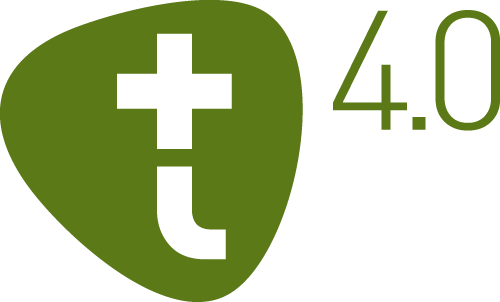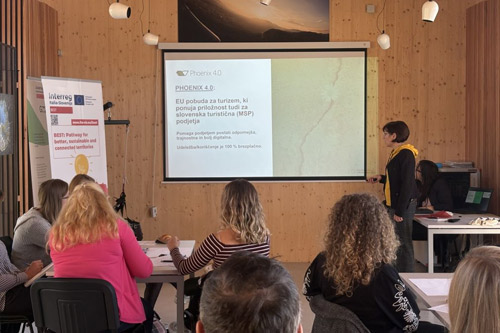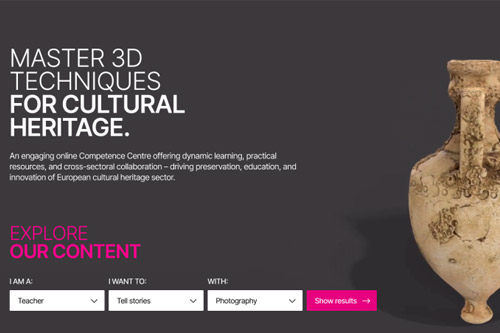
In December 2018 the European commission adopted the long awaited European accessibility act (EAA), which ensures websites and apps are accessible to persons with disabilities, especially persons with vision or hearing impairments. For this reason, the newly created web content and mobile apps need to be robust enough to work on different browsers and with different assistive technologies in order to be perceivable, operable and usable by everyone. This EU directive addresses accessibility as an overarching requirement in various sectors and is establishing a harmonised European standard of accessibility requirements for ICT products and services from computer hardware and operating systems, banking services, and ticketing machines to phones and smartphones, tablets, as well as online shopping, e-books and websites of transport companies.
Due to the rapid growth of online information and interactive services provided online lack of equal accessibility could unnecessarily exclude people with disabilities. In addition, there are also economic gains obtainable since websites and apps will be able to reach a larger customer base. What is more, creation of more accessible websites and mobile apps actually results in an improved user experience for all. For example, listening to a text instead of reading when lighting conditions are not optimal or reading subtitles to a video when the sound is inaudible.
As one of the core values of Tourism 4.0 Partnership is inclusion, we are creating the technical guidelines for upgrade of websites and apps to make them in line with the requirements of the EEA. But we want to embrace even a bigger challenge! We make a step further, in the same fashion we are creating the T4.0 Technical Guidelines for Digitisation of Cultural Heritage with technical guidelines for better accessibility of all technologies, including VR, AR. Not only websites, we want to make accessible all creations of imagined realities, which some of us still learn to like while our children are already fully immersed in.
To learn from the experts about this topic, we are following the activities of our partners, for example Association of Towns and Municipalities of Slovenia and cooperating with Inter-municipal association for blind and partially sighted Nova Gorica. Together with the president of the association, Igor Miljavec, a research and development project has been launched, in which Arctur will develop an example of good practice for the process of creation of the websites and the website itself. During the project experiences will be gained to determine acceptable standards and new forms of collaboration needed to smoothly deal with the implementation of EU regulation for both sides – public organisations, which are required to upgrade their websites and IT companies required to provide this kind of service.
For many this might sound far from their to do lists. But the time is short. Existing websites will have to comply by 23 September 2020 and all mobile applications will have to be accessible by 23 June 2021. This gives organisations limited time for upgrading their online content. Hence, we can expect that the processes of implementing this regulation will be the topic of 2020.



